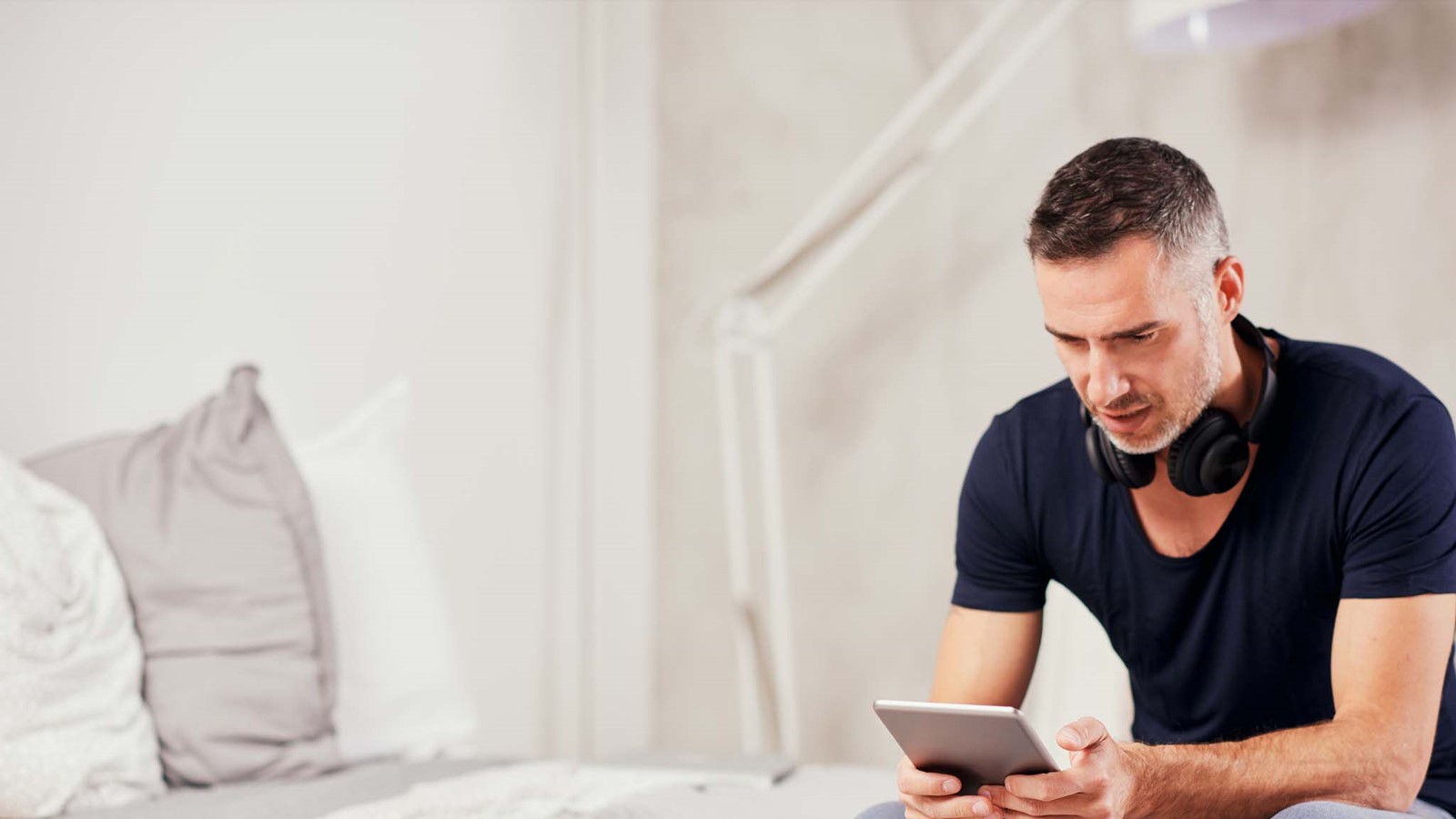With the coronavirus outbreak situation developing every day, ‘self-isolation’ is one of the topics that everybody has been talking about.
The Government has advice about when you may need to self-isolate and how to do it.
But what about the impact that cutting off human contact will have on your mental health and wellbeing.
Our member Kathryn Kinmond says there are simple things you can do if you’re in this situation over the next few months, to help look after your wellbeing.
“For most people the need for human contact is a basic instinct,” she said. “Therefore when you are forced to be alone, it can have a negative impact on wellbeing and psychological health.
“We often think of this as a major problem for older people, but it is going to be affecting a mix of ages now.
“Solitary confinement has been used as a punishment for hundreds of years. It’s understandable that the idea of it in this situation has scared people.
“Isolation can cause immense stress, there will be pinch points, but there are things you can do to have relieve that.”
Kathryn, a psychotherapist based in Staffordshire, recommended a series of things that you can do if self-isolation is affecting your mental health and well-being.
Keep in contact with people in other ways
“Human contact and connection is really important. We can keep in contact with people by Facetime, Whatsapp, Skype, and those conversations and interactions can really help at this time,” says Kathryn.
Reframe
“If you can reframe your thoughts into being positive, that can help. If it’s possible try to think of this time as an opportunity to get something done. It might reading a book, doing your ironing, drawing, catching up on something. Try to get into a positive mind frame. Remember this is for a set time period."
Try to keep a sense of normality
“If you’re not sick, and you’re able to work from home, that can be really helpful. Try to keep a sense of normality as far as possible," adds Kathryn.
Self-care
It’s important to practise self-care if you’re self-isolating.
“Take that time to look after yourself,” says Kathryn. “Self-care is an important avenue here.”
If you’re stuck by yourself, even if you’re confined to one room of your house, you may still be able to do some meditation, yoga or even some basic physical activity while watching an exercise video.
Kathryn says you may want to look after yourself by limiting the amount of time you spend reading the news or looking at social media.
Strategies for anxiety
The worry for many people who are self-isolating is that they are going to become ill. They’ll also potentially be concerned about their family’s health and welfare.
If that is making you feel very anxious, we’ve published some strategies to help you cope with anxiety relating to coronavirus.
Kathryn works with her clients to de-escalate their anxiety, and to try to ground them.
She adds: “Breathing techniques can be useful.”
To find a counsellor or psychotherapist who provides telephone or online counselling visit our Therapist Directory.

Coronavirus anxiety: how to cope if you’re feeling anxious about the outbreak
Counsellors share their thoughts on what can help with the mental health impact of this global news story

Coronavirus and your practice
Latest updates and information for counselling and psychotherapy practitioners.

Anxiety
What is anxiety? How do you deal with anxiety or help someone with anxiety? BACP member Caz Binstead explains how counselling can help.
